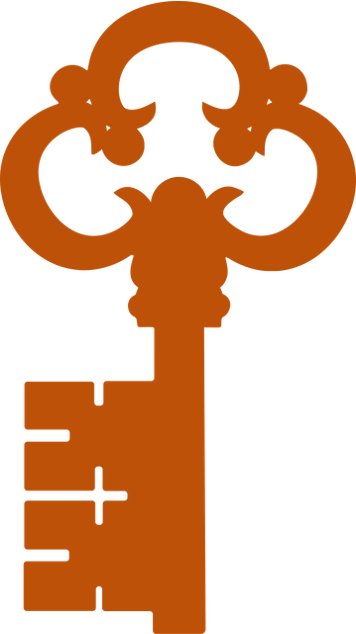Via Instapundit and Nature:
Retractions of scientific papers have increased about tenfold during the past decade, with many studies crumbling in cases of high-profile research misconduct that ranges from plagiarism to image manipulation to outright data fabrication. When worries about somebody’s work reach a critical point, it falls to a peer, supervisor, junior partner or uninvolved bystander to decide whether to keep mum or step up and blow the whistle. Doing the latter comes at significant risk, and the path is rarely simple. Some make their case and move on; others never give up. And in what seems to be a growing trend, anonymous watchdogs are airing their concerns through e-mail and public forums.
Click the link to see more: Research ethics: 3 ways to blow the whistle : Nature News & Comment
Points:
- “…one option would be to require researchers to post raw data, thereby making them more open to checks by watchful data-sleuths.”
- “…a ‘qui tam‘ lawsuit…allowed under the US False Claims Act, can be brought by any citizen to aid the government in recouping taxpayers’ funds allocated under false pretences.”
- “…anonymous whistle-blowing is likely to increase, given the increased access to papers by people all around the world and the availability of online tools for spotting potential plagiarism and image manipulation. One site, called PubPeer, is already becoming a venue for anonymous comments.”
Ponder:
- As knowledge increases exponentially, how will the checkers keep up?
- If the number of faulty papers is increasing and it’s not just a function of checkers being more willing to report such instances, what does this say about peer review?
